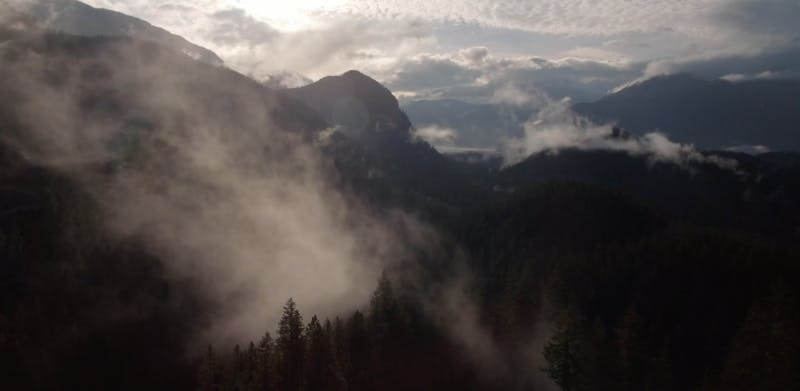New York based-Fortress Investment Group plans to turn Whistler Blackcomb into a public company after losing an estimated $6.2 million because of the 2010 Winter Olympic Games.
In a preliminary prospectus filed Friday with securities commissions across Canada, a new company called Whistler Blackcomb Holdings Inc. will issue an unspecified number of shares at a yet-to-be determined price.
Details as to price and number of shares are regularly omitted in preliminary prospectuses and are set only after interest from potential shareholders can be gauged.
Whistler Blackcomb chief financial officer Kevin Smith refused to speak about the matter Monday, saying in an e-mail: “Given that we are in the IPO [initial public offering] process, we are not able to comment.”
The Vancouver Sun did not hear back Monday from Fortress managing director Gordon Runte.
Bruce Moore, managing director of CIBC World Markets, one of the underwriters, also refused to comment on the Fortress plan.
Whistler Blackcomb, the largest and most-visited mountain resort in North America has been saddled with debt ever since Fortress acquired Intrawest in 2006 for $2.8 billion US.
Fortress renegotiated its debt earlier this year and avoided having the facility auctioned off during the Olympics.
Fortress noted in the prospectus that the resort generated revenue of $218.7 million in fiscal 2009, including $104 million from lift operations, $40 million from retail/rental operations and $11.8 million from real estate.
In the prospectus, Fortress estimates that, despite excellent snow conditions in the 2009-10 season, “visitor aversion” related to the Olympics cost the resort $6.2 million Cdn.
But it noted that hosting the Olympics resulted in a dramatic increase in global awareness, including an increase in awareness from 19 per cent to 42 per cent in Germany and from 32 per cent to 45 per cent in the U.K.
In June, there were reports that Fortress was exploring the possibility of selling Whistler Blackcomb to Russian billionaire Vladimir Potanin.
According to a Wall Street Journal article, Potanin, the main shareholder of metals giant OAO Norilsk Nickel, expressed an interest in the resort.
His investment vehicle, Interros Co., is building a new ski resort in Sochi, Russia, home of the 2014 Olympic Games.
A survey in August concluded that the hotel occupancy rate to the end of June was lower than the recession-plagued 2009.
bmorton@vancouversun.com


